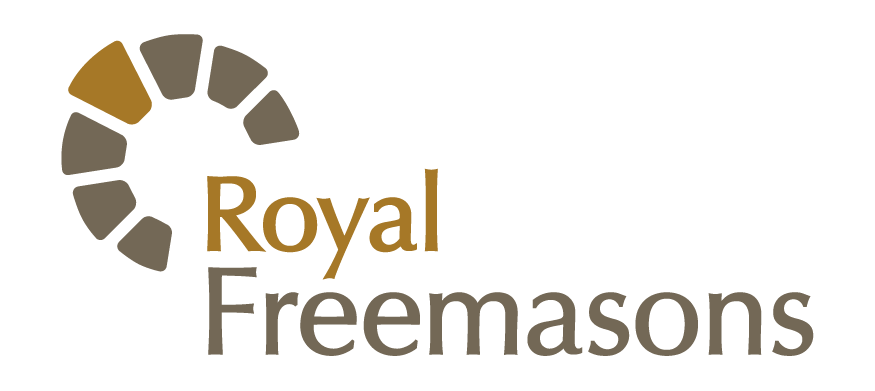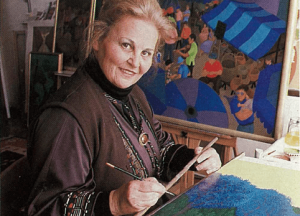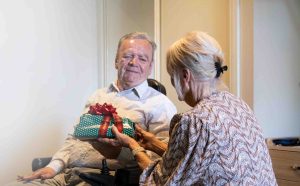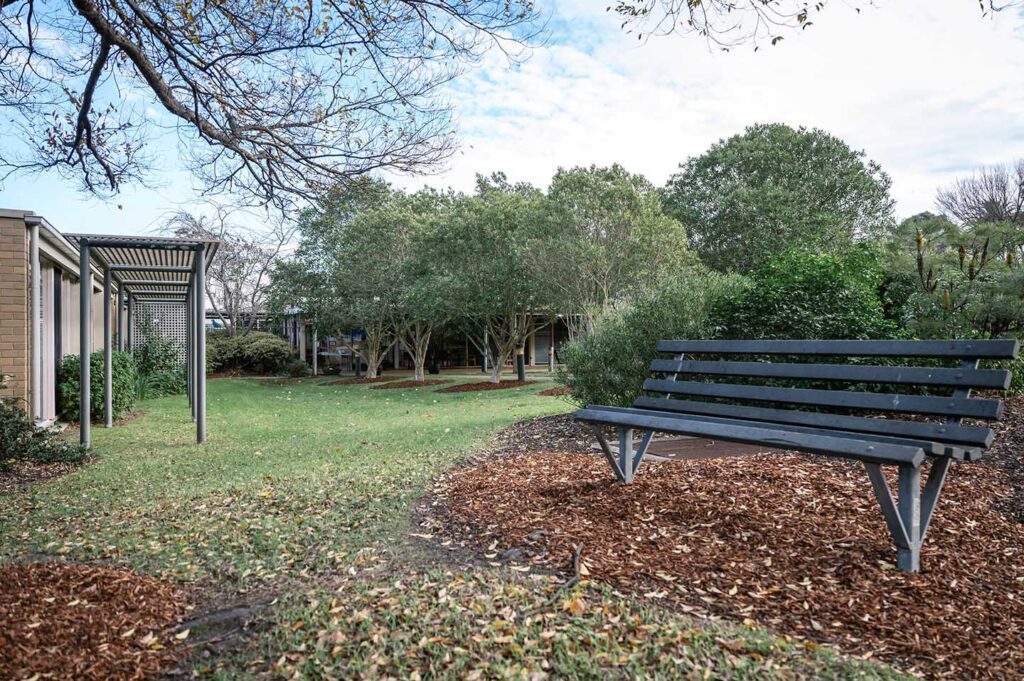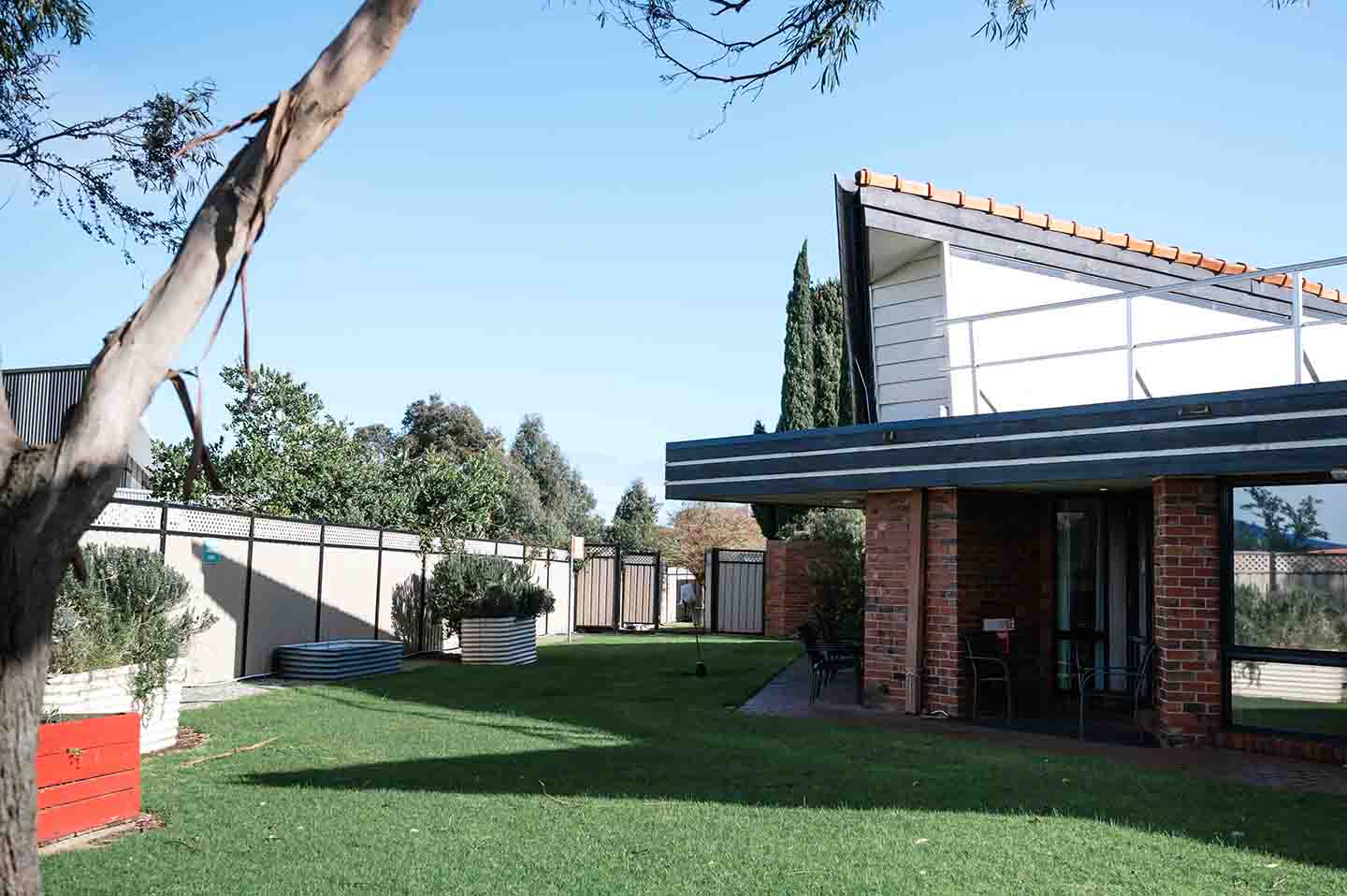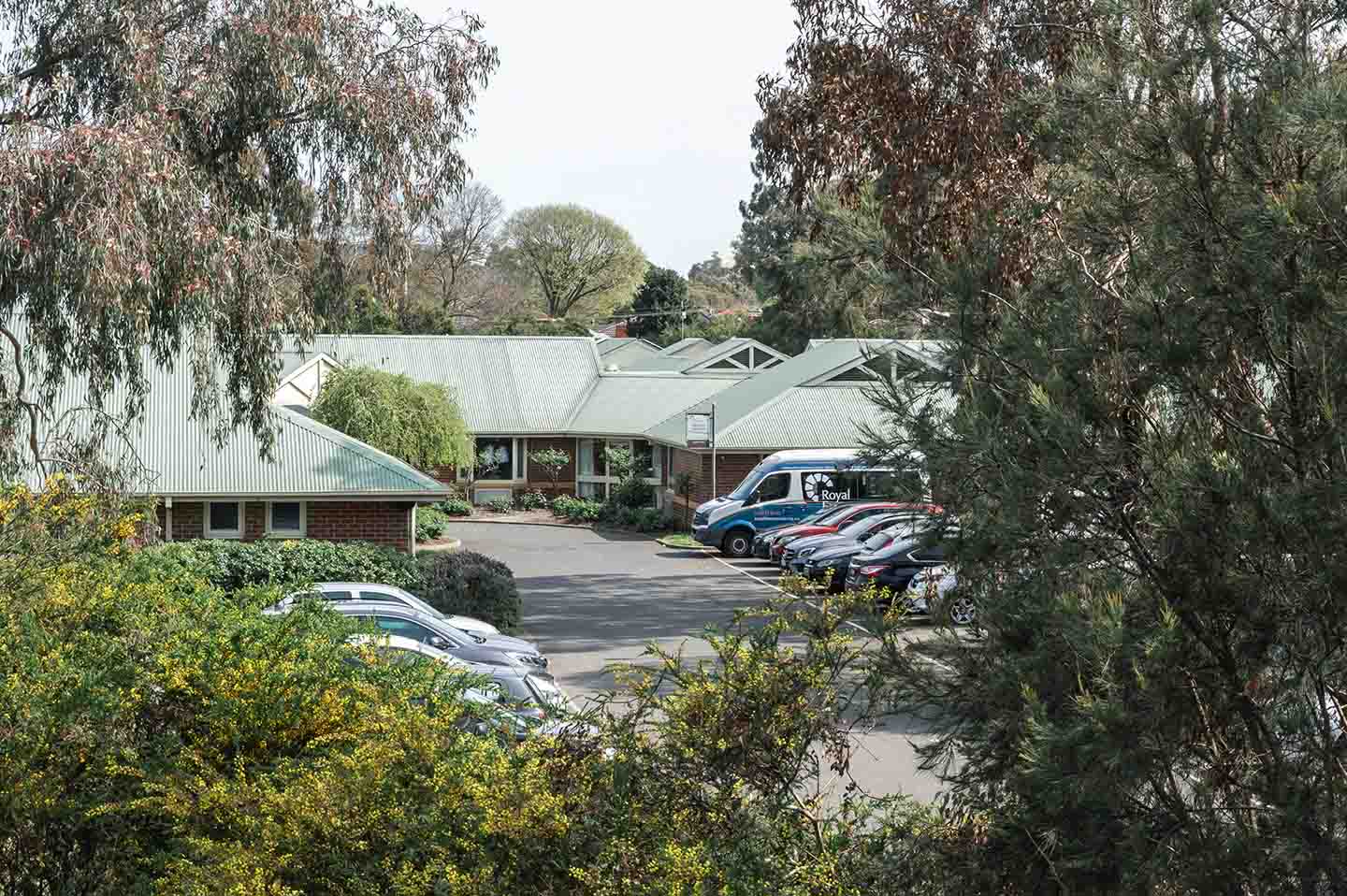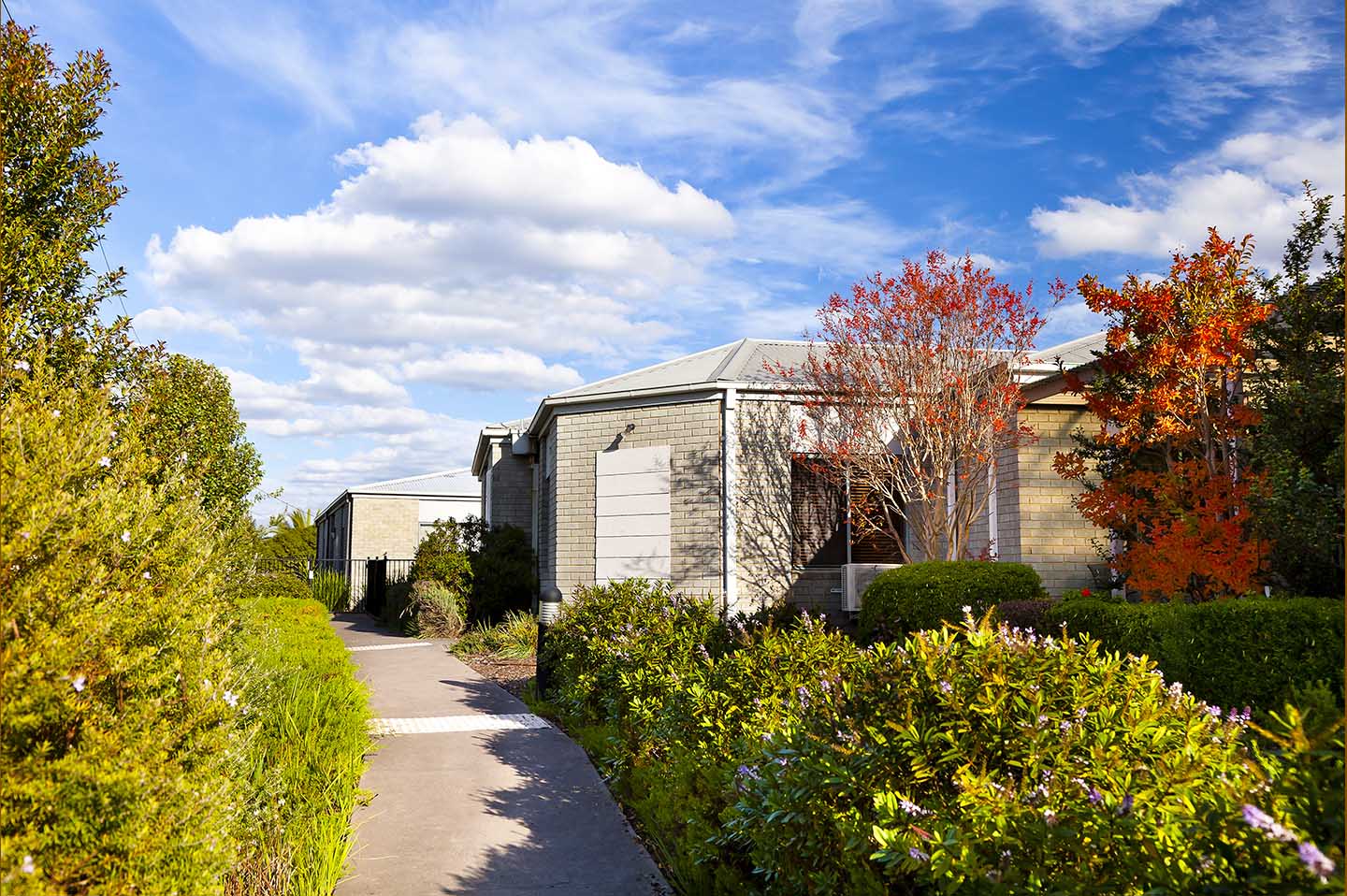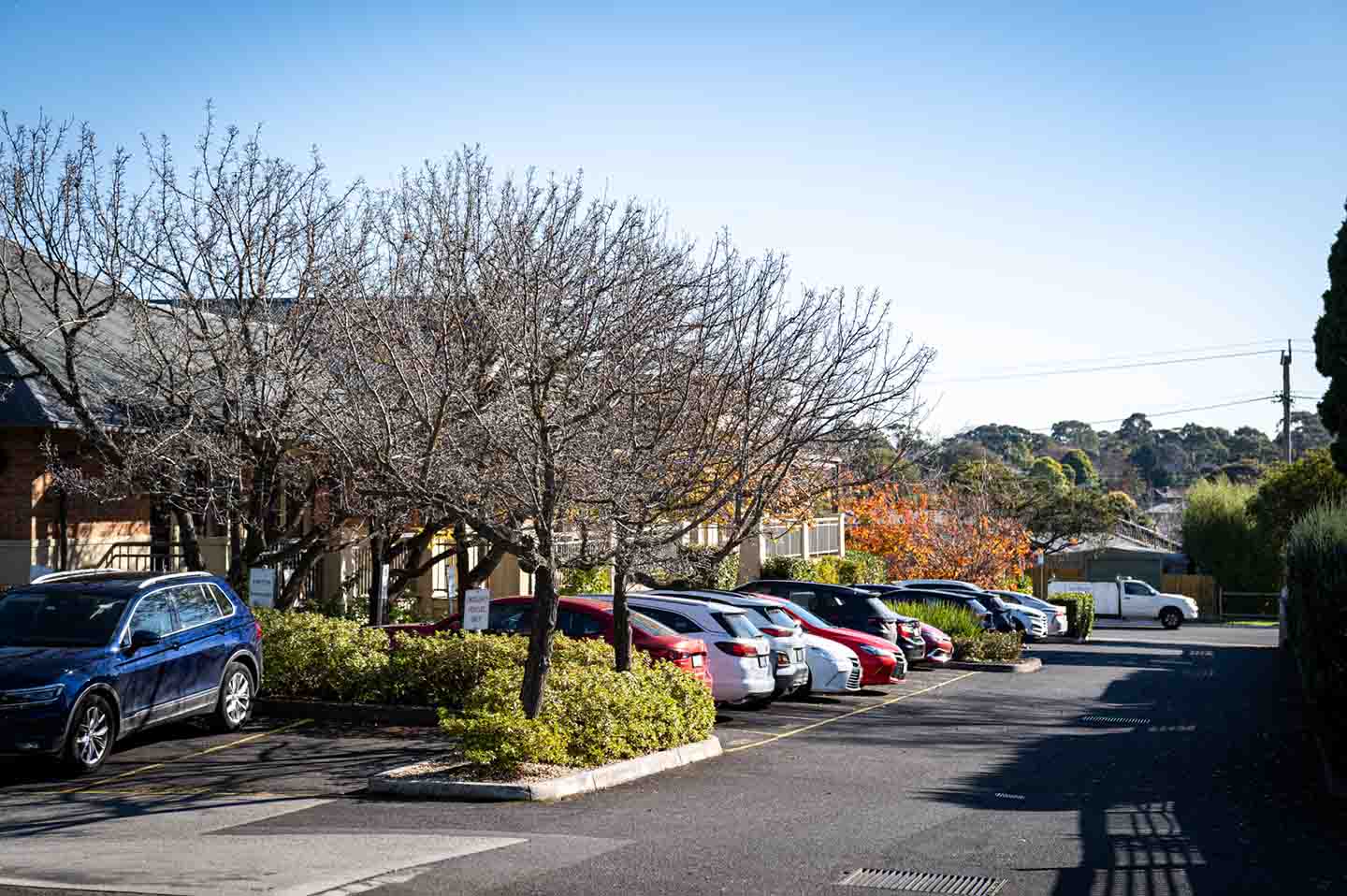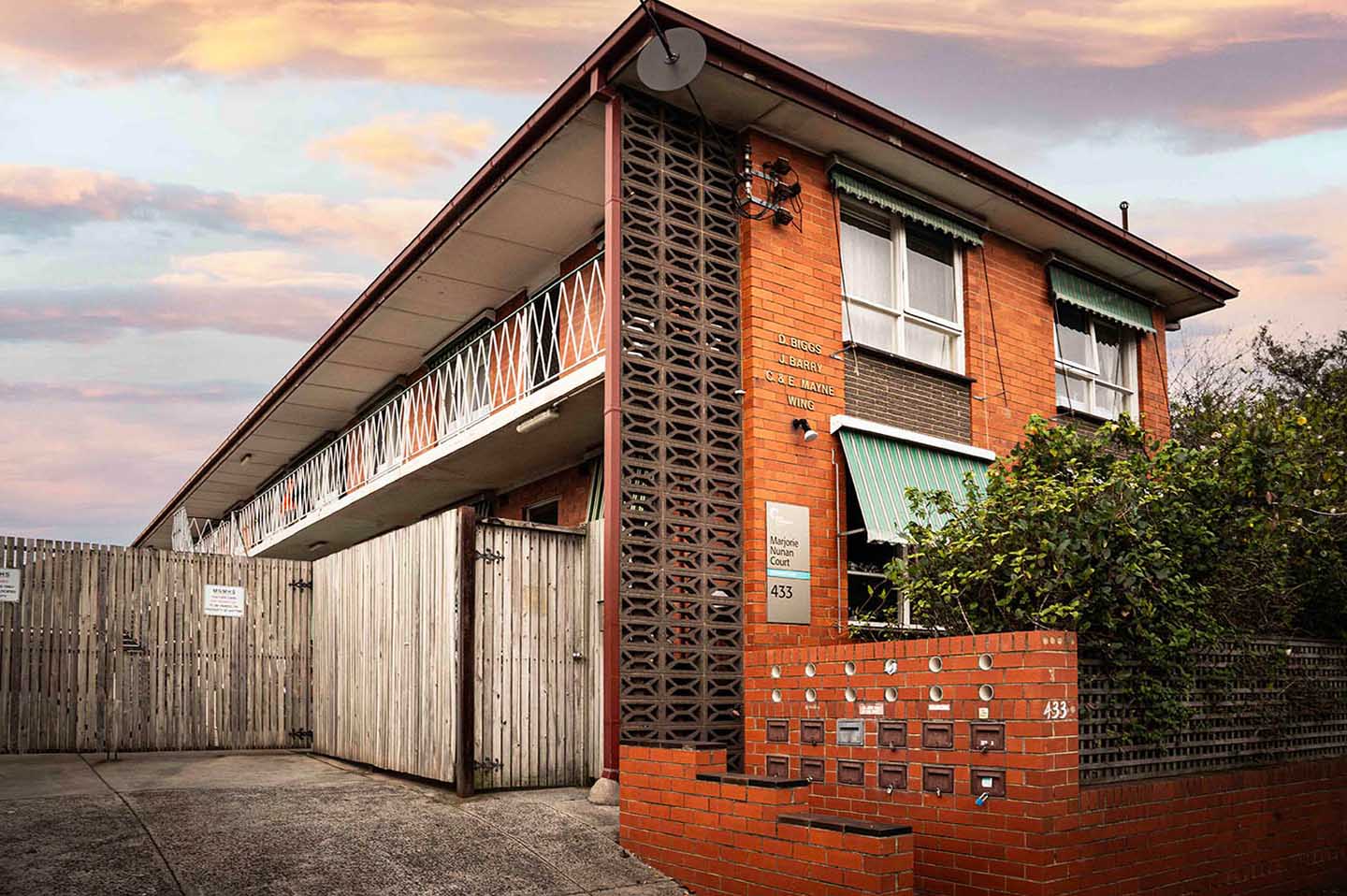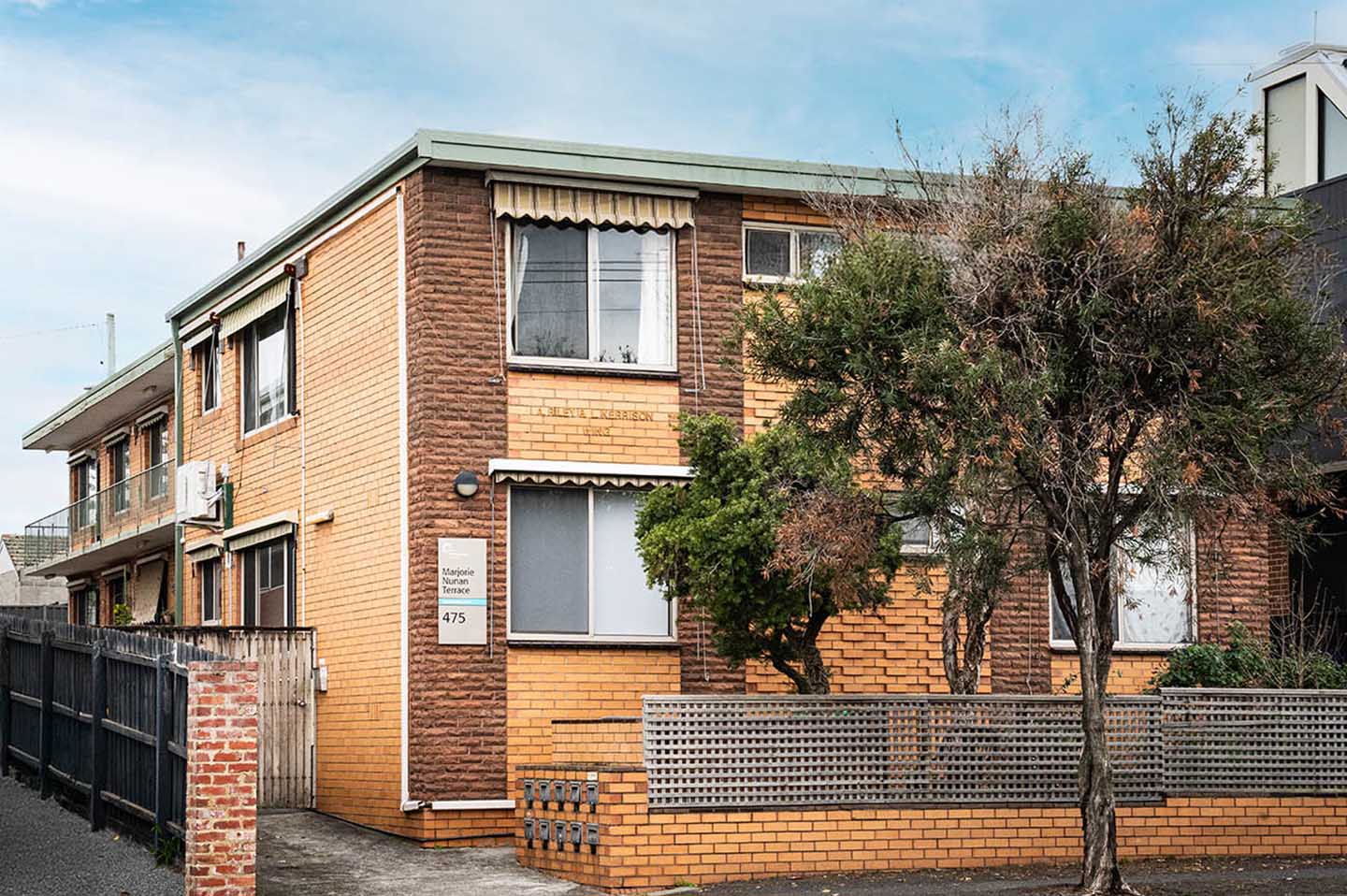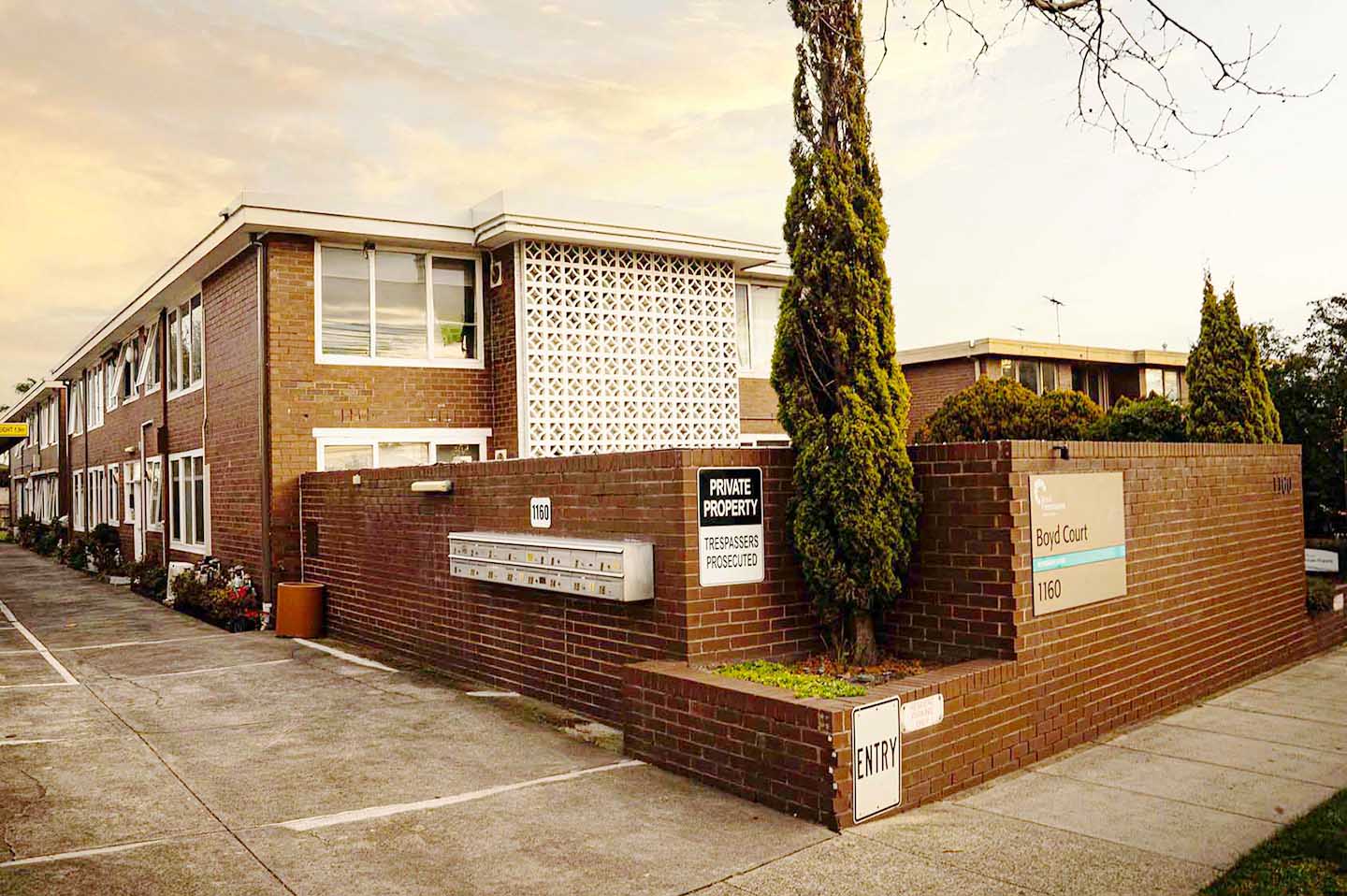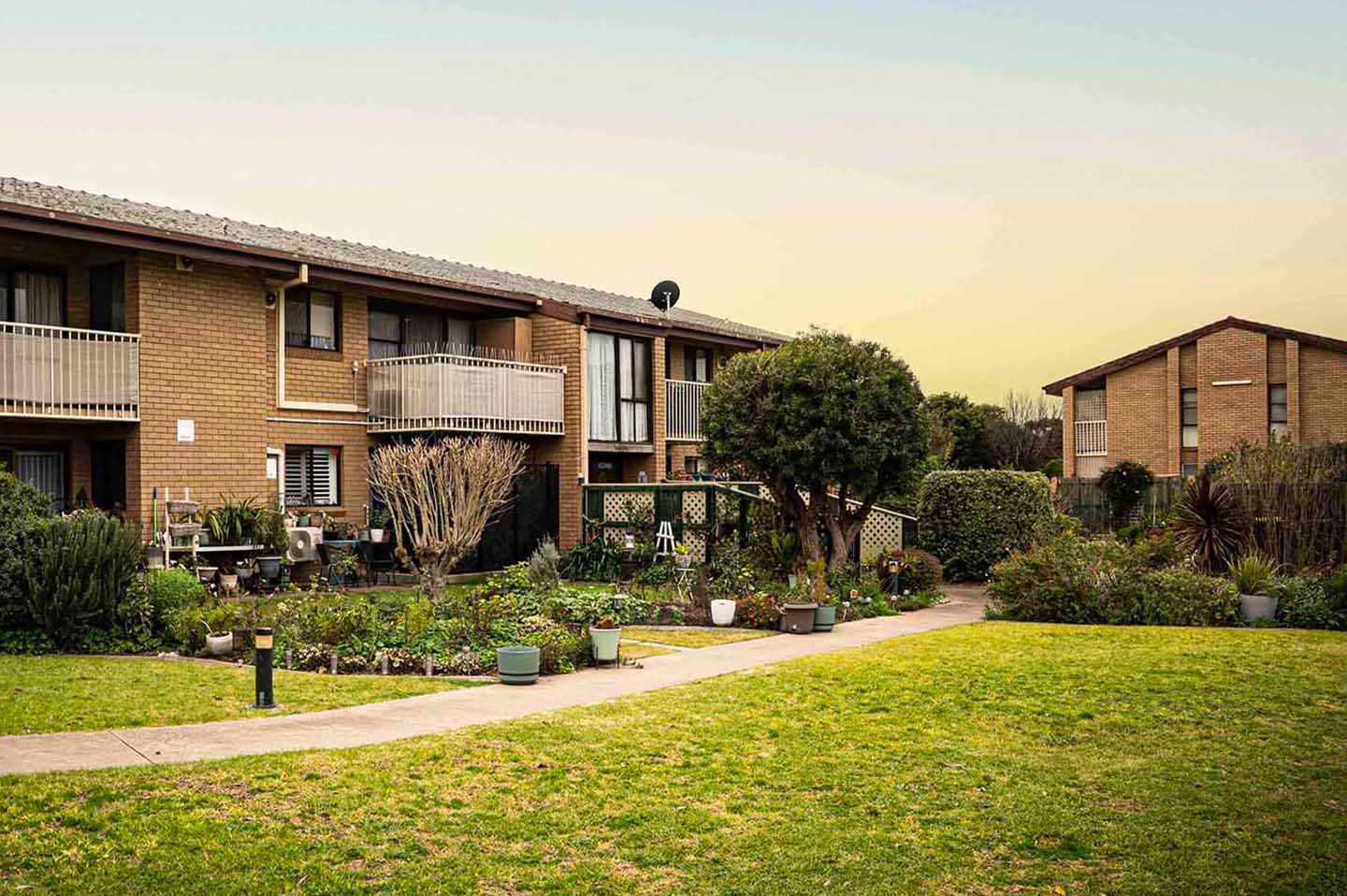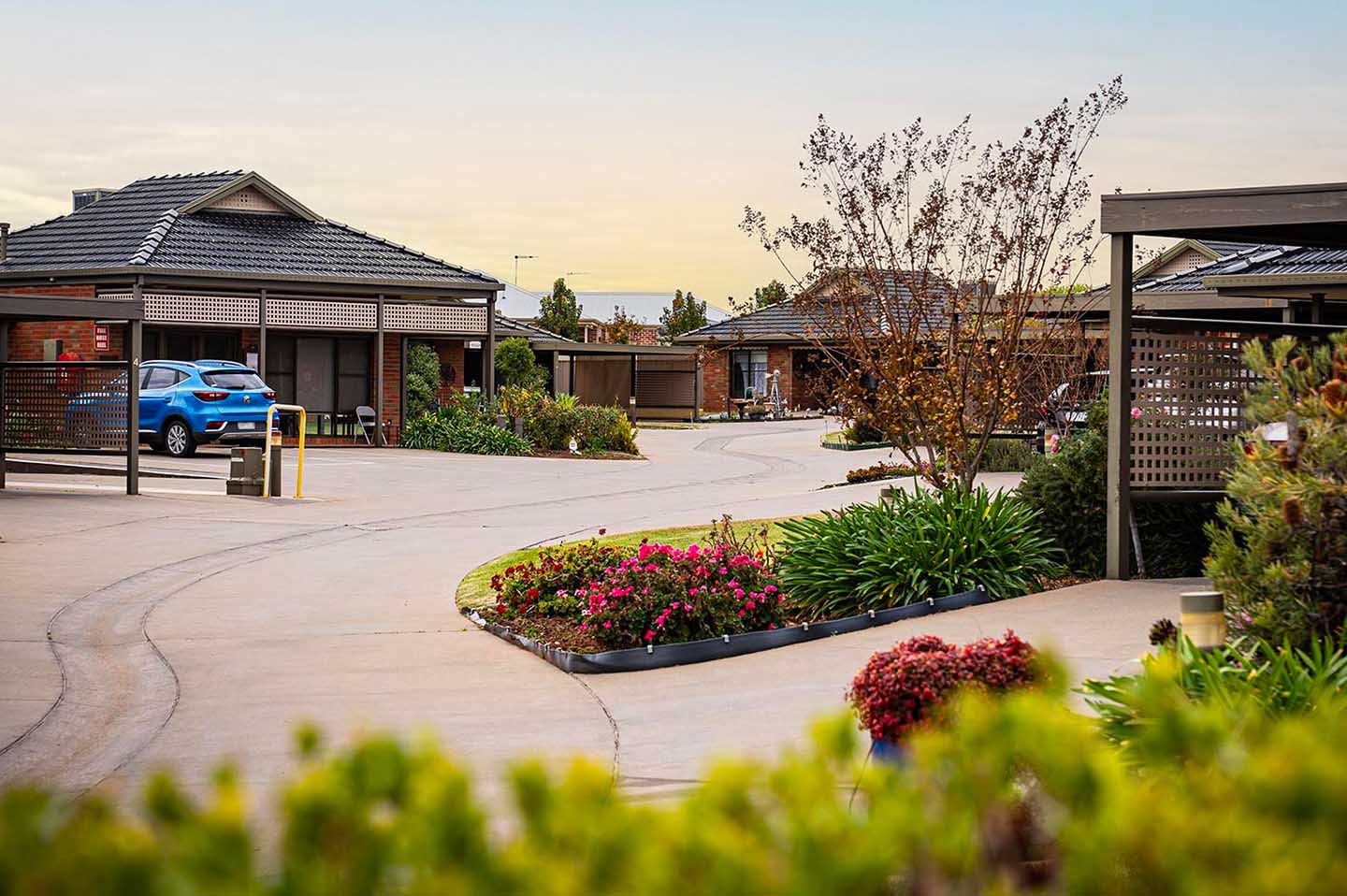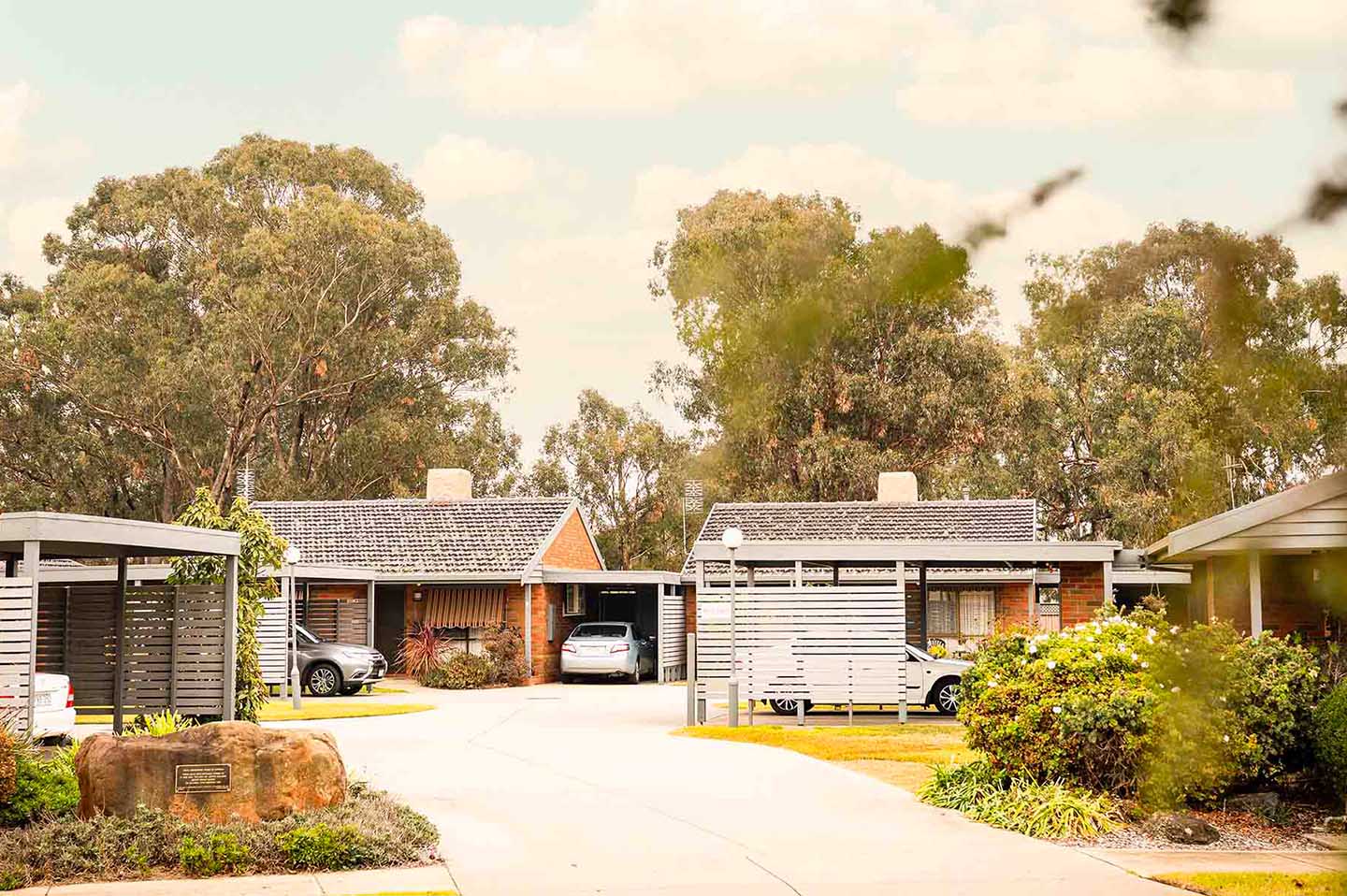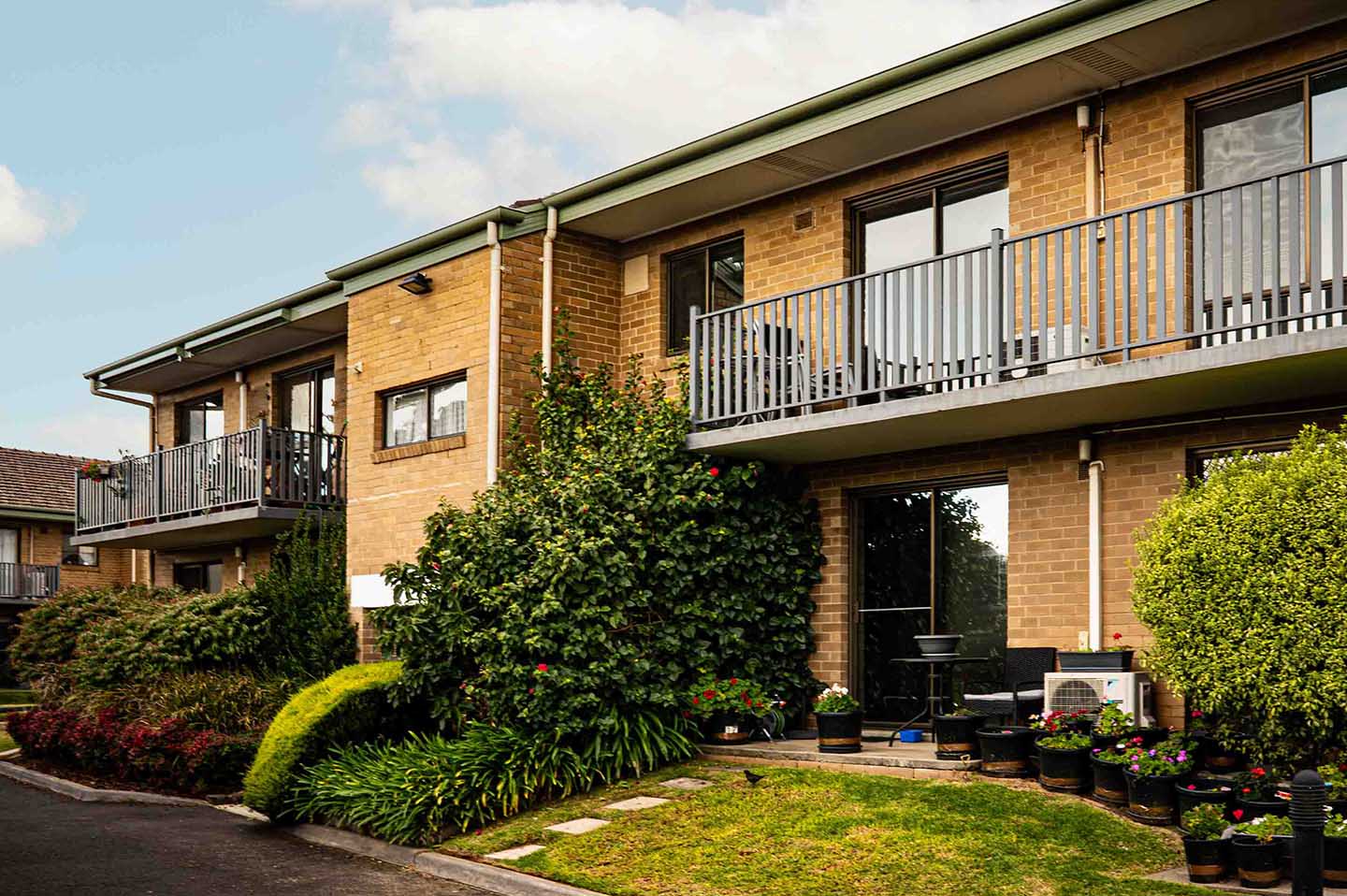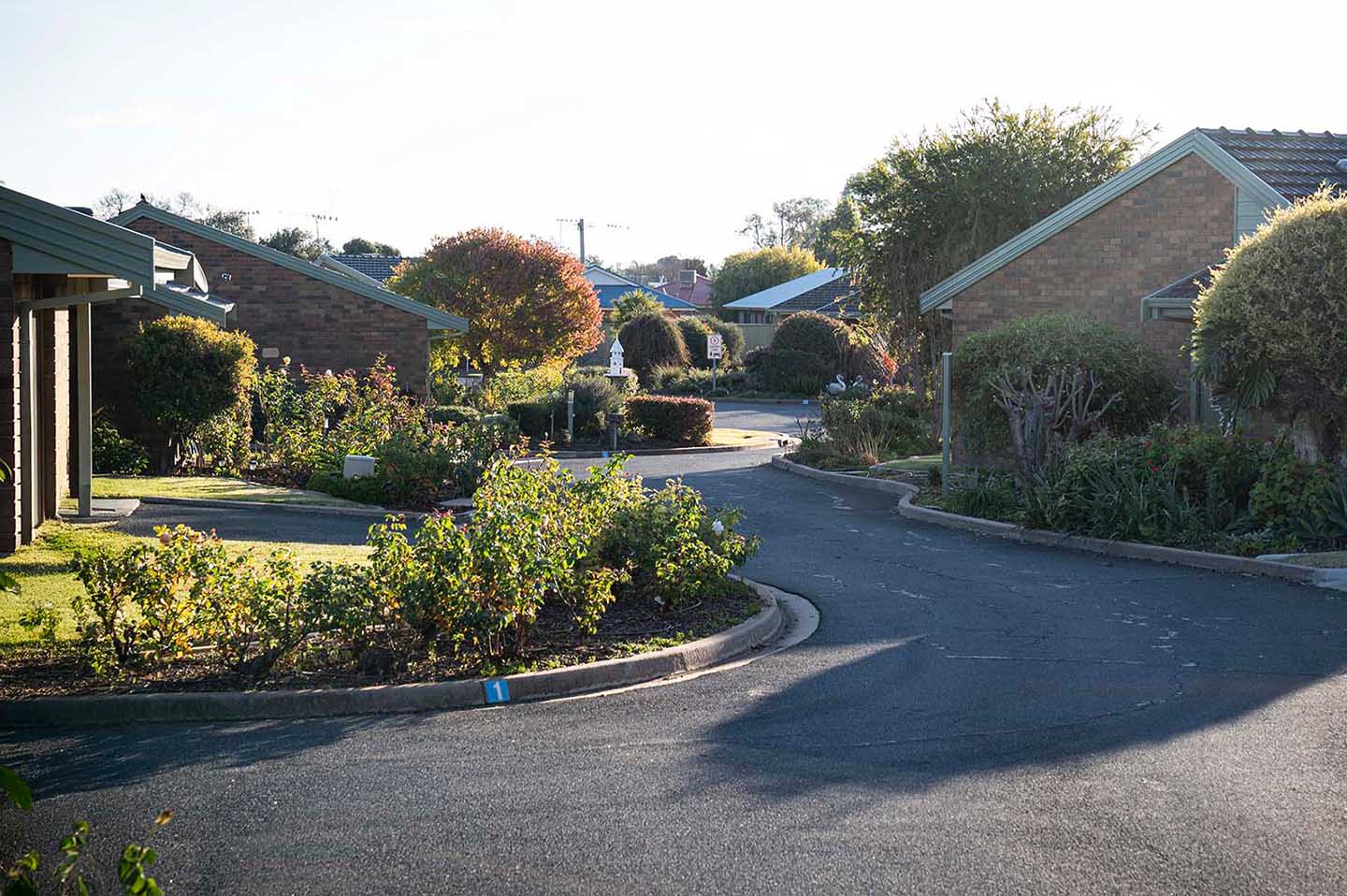Have you ever wondered what a case manager does or what a typical day for them would entail? why is their role is so important in the lives of our residents? Across our homes and facilities around Melbourne and regional Victoria, we employ a group of special people – Case Managers.
A good case manager is, first and foremost, a people person. They must be able to communicate well and actively listen to customers. A case manager is an advocate and a mediator. They need to be able to assimilate large amounts of information and help clients in making life decisions and engage in future planning.
At Royal Freemasons, we have some of the best case managers in the business and they will tell you that they love their challenging, busy and very rewarding work.
On an average day, a case manager will spend their time making home visits, meeting with clients and have family meetings; completing paperwork; meeting with care teams; developing care plans and budgets; creating and sending referrals; linking clients with services; undertaking regular reviews; and supporting customers in crisis situations.
Naturally a case manager’s daily responsibility will vary depending on individual situations, however, some common elements include:
Regular Assessment – the process of identifying the condition, needs, abilities and preferences of the individual, which leads to the development of a plan of care.
Care planning – defines strategies and next steps towards achieving the desired outcomes and includes goals, care needs and preferences.
The eventual goal is to help individuals take control of their care and be actively involved in evaluating the experience.
Alignment – is the process by which case managers work to align all the moving care components or transitions in care and putting the resulting plan into action with the customer’s support.
Evaluation and Outcomes Measurement – tells the customer and case manager what’s working, what’s not working and what needs to be modified (plan, goals, and the like.). It also identifies what progress is being made or has already been made toward individual goals.
Client Self-Determination – means that the customer learns the skills necessary to take control of their care with confidence so that they know what they need and what to do, and the value of doing so.
